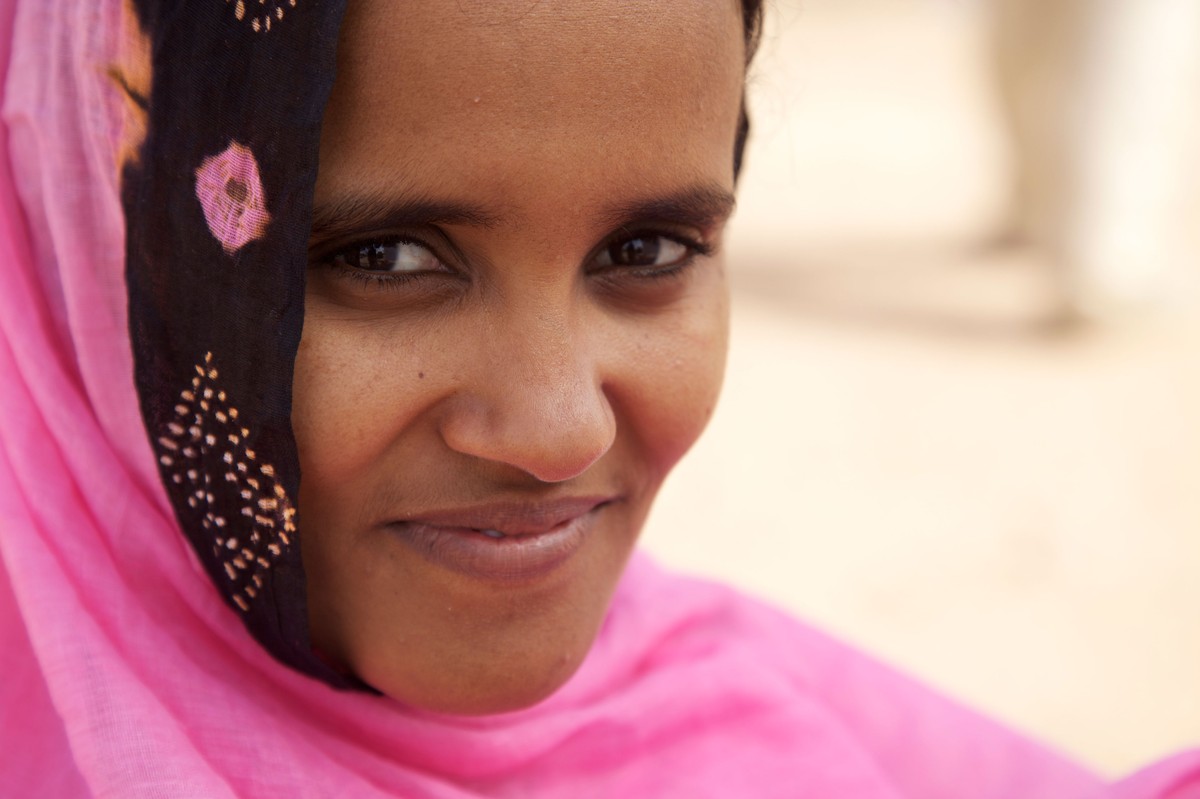Wilaya
Fatimetu is born to a Sahrawi family in a Saharan refugee camp in Algeria and later sent to live with foster parents in Spain. After the death of her mother she returns to the camp. She has been absent for sixteen years. Her brother now expects her to stay and look after her sister Hayat, who has difficulty walking. Fatimetu, who unlike the other women can drive a car, finds work transporting animals, meat and bread from one administrative district to another. In time, the Sahrawi people become accustomed to the woman who tears about the desert without a hijab in her beaten up jeep. But Fatimetu is torn between life in the desert and her memories of her family and friends in Spain.
The Sahrawi are a Moorish ethnic group in Algeria that is still waiting for the referendum that will define their status under international law. Told in concentrated, poetic images, Pedro Pérez Rosado’s film does not only give us the story of two reunited sisters or the clash of two different cultures; he also allows his Saharan protagonists to describe in their own words their political and social predicament.





Credits
Would you like to show this movie?
Please fill out our form.
Feel free to contact us
Press voices
«Mit überwältigenden Bildern und wenigen Worten erzählt der spanische Regisseur Pedro Pérez Rosado die Geschichte zweier Schwestern, in deren Personen unterschiedliche Kulturen aufeinanderprallen. Durch das persönliche Schicksal der beiden jungen Frauen schildert er in seinem ersten Spielfilm die politische und gesellschaftliche Situation des Sahara-Volkes auf eindringliche Weise.» 3sat
«Diskret und ohne Hast wird die Annäherung an ihre jüngere, gehandicapte Schwester erzählt. Pérez’ Film Wilaya aber liefert kein Exempel über die Macht, welcher Wurzeln auch immer. Fatimetu sieht einfach, was zu tun ist, und entkommt den Fallen der geschlossenen Gemeinschaft mit einer ganz eigenen Würde. Ein Film von grosser Schönheit, die nicht nur der bekanntermassen fotogenen Wüste geschuldet ist.» Christina Bylow, Frankfurter Rundschau
«Terrific widescreen cinematography!» Hollywood Reporter



